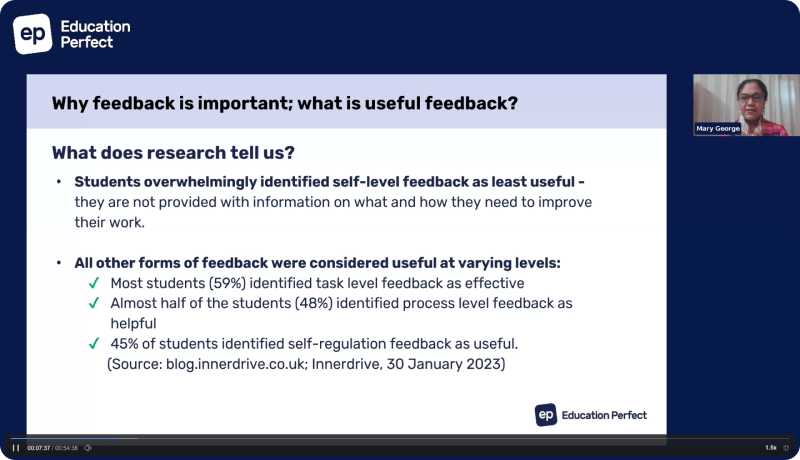Pasifika Language Weeks in schools are a part of our learning

When I think about Pasifika culture, I feel excited and proud to be Samoan. Sitting among our high chiefs and hearing the orator speak in the formal language of our traditions brings a sense of identity and connection to my parents, grandparents, and ancestors. Even though I may not have understood everything when I was younger, I knew that every gesture and word carried value and the importance of connecting through our culture was implicit.
Recently, as educators, we have faced questions about how we can help our Pasifika students recover from the impact of COVID-19 on their learning. Our talanoa (discussion) sessions, both informal and formal, with staff, students, and some of our whaanau, have drawn on this experience, and on the tradition of oral storytelling.
We know the stories of our ancestors, but are now faced with the challenge of authentically integrating this knowledge to bring success to learners within our school system? What we have learned post-COVID is that our Pasifika learners are resilient and empathetic. They shared their stories of family, love, and values that are at the core of their being. Sometimes, we may not see this during school, but it is evident when we see them outside of school with their younger siblings and whaanau.
To help improve and develop our Pasifika learners and increase their achievement, we can integrate the value and importance of our culture through Pasifika Language Weeks. Celebrating the diverse cultures of our learners acts as a support line for many of our Pasifika students, especially in the new normal post-COVID. The Minister of Pacific Peoples, Minister Sio, highlights the importance of languages and their connection to identity; “Our languages are who we are, and they define us” (mpp.govt.nz).
There is no doubt that our Pasifika learners thrive on sharing their knowledge of their culture and seek opportunities to learn about it. To re-engage our students we planned and delivered dynamic Pasifika Language Week programs, and even though COVID-19 impacted our learners and communities, it provided us with a blank canvas to redesign and use theories, ideas, and strategies based on language and culture to improve our Pasifika learners and their achievement.
It is the most rewarding part of teaching when we see our learners gain self-determination. Implementing Pasifika Language Weeks into the curriculum allows our Pasifika young people to see that power is not only for the privileged, as Russell Bishop states, but for anyone who shows self-determination. We see our Pasifika learners in their element because they are leaders.
Allowing Pasifika Language Weeks to take over our teaching practice opens opportunities for our students to thrive in their natural leadership roles and pour out their cultural knowledge with pride and integrity. It also shows “power-sharing” between students and teachers. Although the initiative may not have shown immediate changes in academic learning, there are obvious changes in student resilience and motivation, and a willingness to not give up and continue to show empathy through sharing their alofa (love) for their families.
Brayboy and Castagno put it perfectly when they said that schools need to adapt the “school life” or the “school way” to match the culture students bring with them from home. By valuing our Pasifika learners and using the knowledge they already have, we can create an educational system that will support them. By listening to the stories of their parents, we will be surprised at all the things they share.
In conclusion, cultural responsiveness is becoming more evident in many schools, and Pasifika learners are growing in strength, mana, and cultural knowledge. We can identify the importance of language and culture in building achievement for our Pasifika learners, which will strengthen community relationships with the Pasifika community, provide a foundation for Pasifika learners to draw on their cultural knowledge for academic success, and instil important values such as resilience, respect, decision making, empathy, and leadership that will benefit them far beyond the classroom.
By Lindalaurosa Sime




